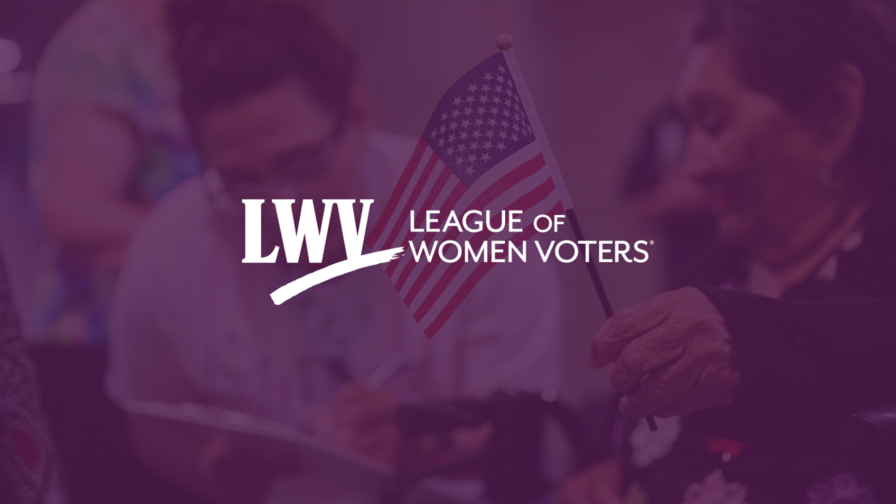The Xenophobic Rumors Driving the SAVE Act & Threats to Voting Rights
This blog was co-authored by Chelsey Cartwright, Democracy Truth Project Manager at LWV, and Kaitlyn Dowling, Senior Analyst at the Algorithmic Transparency Institute, Nation Conference on Citizenship
We are facing a pivotal moment for US voting rights. Policies like the Safeguard American Voter Eligibility (SAVE) Act, President Donald Trump’s executive order on elections, and legislation in more than two dozen states could upend the way Americans register to vote. These policies would require voters to show specific “documentary proof of citizenship” when registering to vote or updating their registration information, usually in person, at their local board of elections office.
Stay Updated
Keep up with the League. Receive emails to your inbox!
Proponents say this step is necessary to ensure only eligible Americans are voting in elections, even though many long-standing practices in place have effectively met this desire. For example, research found that instances of illegal voting are very rare: according to the Brennan Center, “suspected — not proven — noncitizen votes accounted for just 0.0001 percent of the votes cast.”
Let’s be clear: these efforts aren’t about safeguarding elections – they’re about silencing voters.
Urge Your Senators to Oppose the SAVE Act
Promotion of the SAVE Act and other restrictive policies often relies on false and misleading claims, and sometimes veers into hateful, anti-immigrant language.
The policies themselves are examples of how mis- and disinformation show up in policy debates and affect our election systems, voter registration, and access to the ballot box.
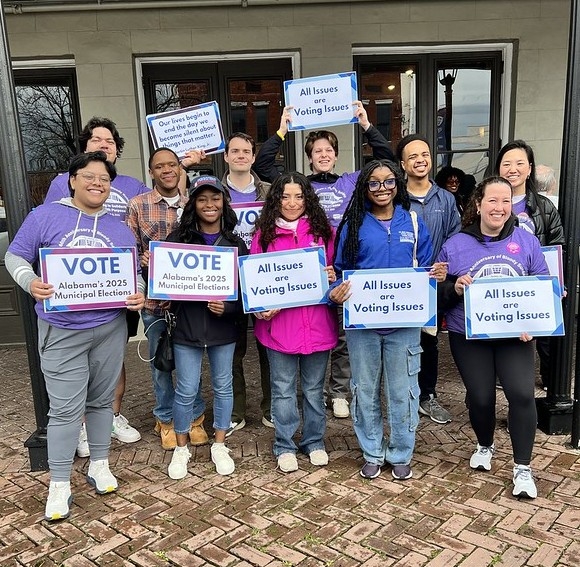
What Harmful Rumors Have Spread?
The SAVE Act and similar policies have been driven by mis- and disinformation about non-citizen voting. Despite extensive research showing that this occurrence is extraordinarily rare, politicians and influencers have amplified rumors.
Last August, rumors spread in Florida and Texas, claiming that civic organizations were knowingly helping ineligible people register to vote at or nearby DMV offices. One claim charged that volunteers must have registered ineligible people because they were not asked to show citizenship documents. However, showing documentary proof of citizenship is not currently required, and election officials already have existing systems to verify voter eligibility and ensure accurate voter rolls.
Elon Musk used his online platform to amplify disinformation about immigrants and voting, claiming, “Democrats have been ‘importing’ immigrants who will vote for them in future elections.” Musk and other influencers repeated similar false claims, including that ineligible people could receive mail-in ballots in Pennsylvania, that “voter importation” was happening in battleground states to swing election outcomes, and that immigrants were receiving “fast track” citizenship to vote in the 2024 election.
As reported by NPR, these claims echo “a racist conspiracy theory known as the ‘great replacement.’” This conspiracy theory “claims there is a plan to bring nonwhite immigrants into the United States and other Western countries to replace white voters to achieve a political agenda.”
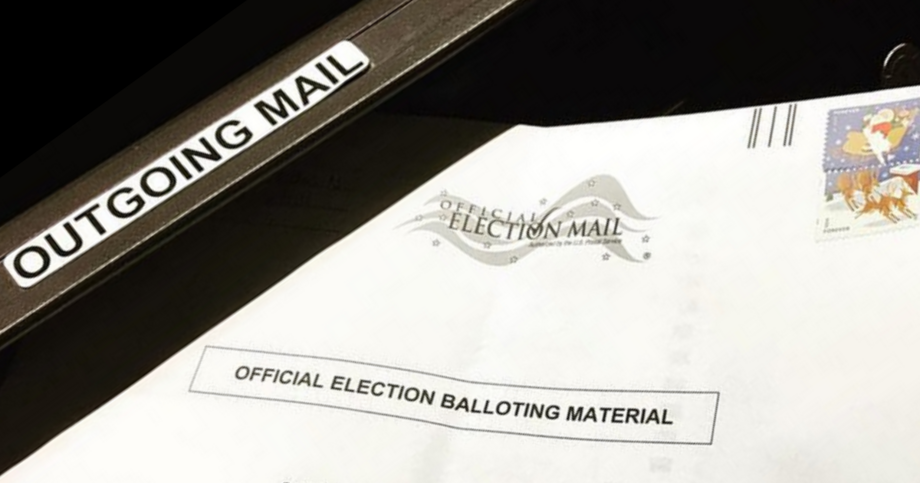
These claims and conspiracy theories are false. Research by trustworthy organizations like the Washington Post, the American Immigration Council, the Brennan Center for Justice – and audits by election officials, including those in Georgia and North Carolina – affirm that ineligible people voting is extraordinarily rare, finding only a handful of cases out of millions of votes cast.
How Did These Anti-Voter Policies Develop?
Non-citizen voting was a frequent topic of discussion after the 2016 election and leading up to the 2024 general election. Politicians and influencers spread rumors about immigration and election integrity, fueling arguments in favor of more restrictive voter registration policies.
Currently, voters do not have to show documents that prove their citizenship status when registering to vote in federal elections. Instead, voters swear under penalty of perjury that they are eligible to vote and are US citizens. The penalties for voting illegally are steep, including fines and imprisonment, and for non-citizens, deportation.
Rep. Chip Roy (TX-21) introduced the SAVE Act in the 118th and 119th Congresses. The bill passed the US House during both sessions and is currently headed to the Senate. Several states — including New Hampshire, Louisiana, and Wyoming — have passed their own versions of the legislation, with dozens of other states considering similar bills.
In March, President Donald Trump signed an executive order, “Preserving and Protecting the Integrity of American Elections,” which also calls for requiring documentary proof of citizenship to register to vote, among other anti-voter policies. This order instructs the US Election Assistance Commission (EAC), an independent agency, to update the federal voter registration form to require a valid US passport, REAL ID (that demonstrates citizenship), or military ID explicitly verifying citizenship.
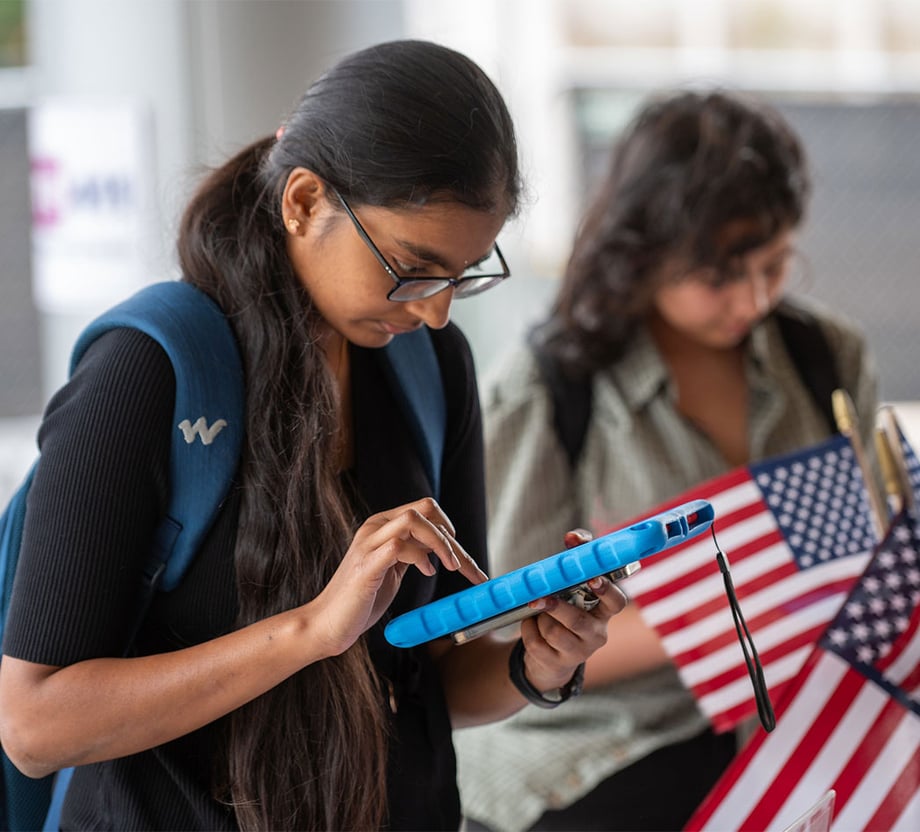
Notably, the executive order excludes birth certificates — a difference from the SAVE Act. This order has created great uncertainty for election administrators, prompting 19 states to file lawsuits challenging the order. The League of Women Voters and organizational partners sued the Trump administration in a challenge to the order. In a victory last month, a federal court blocked the EAC from implementing the requirement to show documentary proof of citizenship that was challenged by the League.
Why Do These Policies Matter?
The SAVE Act and similar policies would drastically change how Americans register to vote, creating disruptions to voter registration and election administration. Voting rights experts have warned that many provisions are challenging to implement and could disenfranchise millions of Americans.
Millions of Americans Lack Access to Necessary Documents
Research from the Brennan Center for Justice found that 21 million Americans do not have easy access to the kinds of documents they would need to prove their citizenship. Millions more say their records aren’t available because they’ve been “lost, destroyed, or stolen” an occurrence likely to become more frequent with the rise in natural disasters.
Married Women Would Be Disproportionately Affected
About 80% of married women legally change their names — meaning that the name on their birth certificate no longer matches the names on their current ID. The legislation does not include additional instructions for what happens if voters have mismatched documents. Instead, it leaves it up to individual states to create rules for dealing with this problem. A currently active law in New Hampshire has already demonstrated how these policies disproportionately affect married women – and anyone else who has legally changed their name.
Popular Methods of Voter Registration Would Be Impacted
It’s not clear how election officials would implement these policies, especially when it comes to online, mail-in, and automatic voter registration, as well as in-person voter registration drives. The SAVE Act and other policies require showing citizenship documents to an election official “in person.” Election officials could also face harsh penalties if they fail to enforce the requirements, placing additional pressure on overworked administrators.
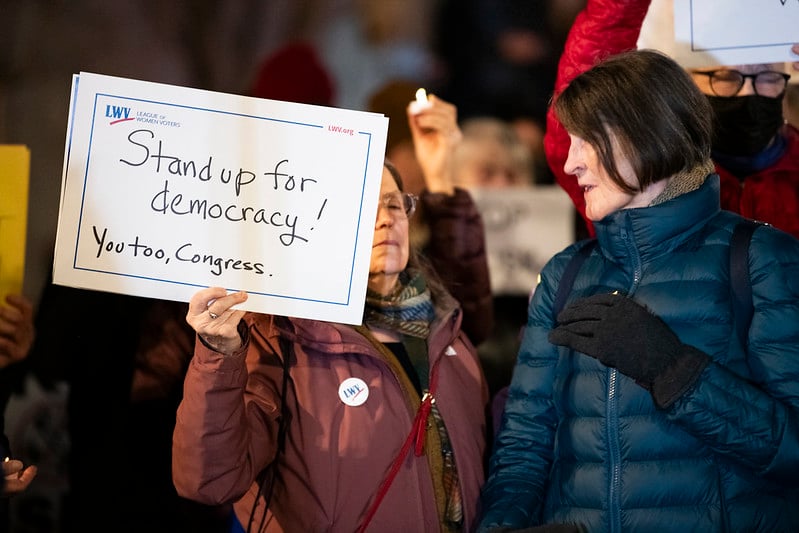
What Can I Do?
Through the League’s Unite and Rise 8.5 initiative, we will engage and mobilize 8.5 million voters to protect and preserve our democracy. Learn more about the initiative, including ways to get involved!
Tell your Senators to oppose the SAVE Act. Use our easy action alert to send them a message in a matter of seconds.
Finally, League members have a key role to play in defending our right to vote. We encourage you to use our League resources to stand up against these restrictive policies. If you’re not a League member, consider joining!
The Latest from the League
HR 22, the Safeguard American Voter Eligibility (SAVE) Act, will require that every eligible voter provide documentary proof of citizenship to register to vote even though voters in every state are already required to affirm or verify their citizenship status when registering and voting.
Every eligible voter could be unnecessarily burdened by the SAVE Act at some point when they update or change their voter registration information.
Congress must act to ensure that every eligible US citizen has the freedom to vote unimpeded by discriminatory rules rooted in fear and division.
Voter ID laws have long been debated in the United States. While supporters argue that voter photo ID laws are necessary to prevent voter fraud and ensure the integrity of elections, reality tells a different story. Not only do these measures disproportionately impact Black, Native, elderly, and student voters, but they also fail to effectively address any real issues related to election integrity.
Since the Trump administration took office in January 2025, we’ve seen increased attacks on our democratic systems and a failure by Congress to intervene. This came to a head in early April, when the president defied a Supreme Court order to return the wrongfully deported Marylander Kilmar Armando Abrego Garcia.
Sign Up For Email
Keep up with the League. Receive emails to your inbox!
Donate to support our work
to empower voters and defend democracy.





